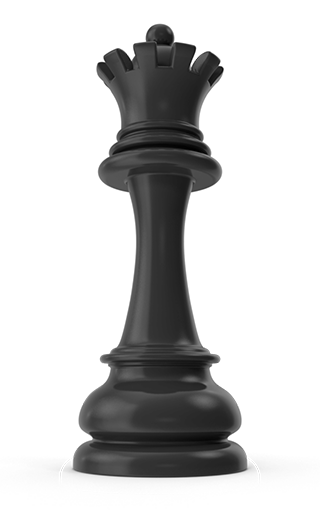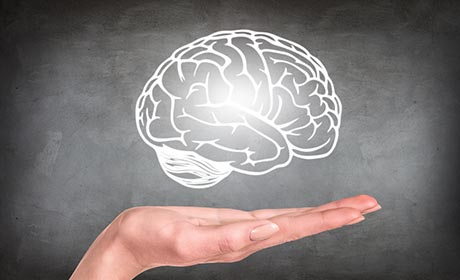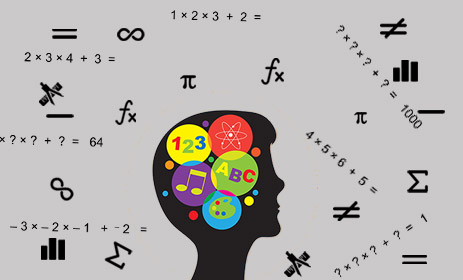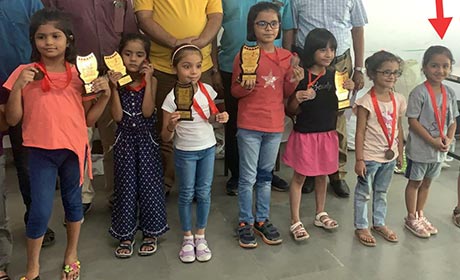

A recent study of The New England Journal of Medicine showed that people over 75 who are involved in mind exercising activities like chess, reduce the risk of having Alzheimer’s disease.
A German study showed that when chess player identify the chess-positions, both the left and right hemisphere of brain become highly active, so they can more quickly respond to the position.


A study conducted in four large elementary schools in Texas in 1997, it was determined that on average the students who played chess improved in reading and mathematics at a rate between 1.5 and two times faster than non-chess playing students.
A study showed that 4000 Venezuelan students both boys and girls showed IQ scores after 4 months of chess instruction.
While playing chess you should remember your opponents move, ideas, the openings, traps and tricks are enough to improve your kid’s memory.
During the game, the opponent won’t tell your kid which piece he moved, so your child should be focused on the game, paying attention move by move. In the result, playing chess will help you to develop your kid’s concentration.
